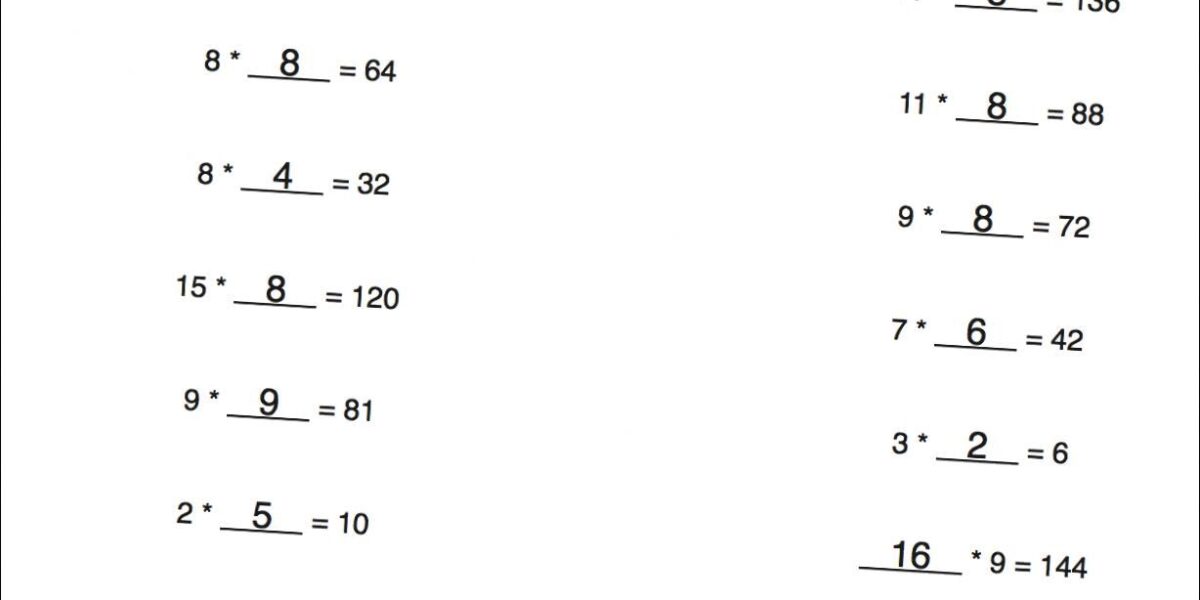Military Veteran Education Programs
Military veteran education programs play a crucial role in helping veterans transition to civilian life. These programs offer an array of opportunities ranging from college education to vocational training. Here, we’ll explore various types of educational benefits and resources available to veterans.
Post-9/11 GI Bill

The Post-9/11 GI Bill is one of the most prominent education assistance programs for veterans. This bill covers tuition and fees, provides a monthly housing allowance, and offers a stipend for books and supplies. Veterans with at least 90 days of aggregate service after September 10, 2001, or those discharged with a service-connected disability after 30 days, are eligible. The benefits can last up to 15 years after discharge.
The bill also offers the Yellow Ribbon Program. This program helps with costs that exceed the tuition and fee amounts covered. Participating schools and the VA cover these additional expenses together.
Montgomery GI Bill
The Montgomery GI Bill (MGIB) provides up to 36 months of education benefits to veterans. Unlike the Post-9/11 GI Bill, the MGIB requires a financial contribution from service members. They must have served at least two years to be eligible.
This program offers two categories: Active Duty (MGIB-AD) and Selected Reserve (MGIB-SR). Active Duty members can use benefits while on active duty or after separating from service. Reservists can use their benefits while actively serving in the Selected Reserve component. The MGIB covers college degrees, technical courses, flight training, and more.
Veteran Readiness and Employment (VR&E)
VR&E, formerly known as Vocational Rehabilitation and Employment, is designed to help veterans with service-connected disabilities. This program offers services that help vets find suitable careers. Services include job training, resume development, and job-seeking skills coaching.
To qualify, veterans must have a service-connected disability rating of at least 10%. They also need to apply within 12 years of either being notified of their eligibility or separation from active duty. The ultimate goal of VR&E is to assist veterans in retaining employment and living independently.
Tuition Assistance (TA) Programs
Along with federal benefits, different branches of the military offer Tuition Assistance (TA) programs. These programs provide financial aid for voluntary off-duty education programs. Service members can pursue higher education at accredited institutions.
- Army: Up to $250 per semester hour, with a fiscal-year cap of $4,000.
- Navy: Similar to the Army’s structure with the same annual cap.
- Air Force: Covers 100% of tuition costs up to $250 per semester hour.
- Marines: $225 per semester hour, with a $4,500 yearly cap.
- Coast Guard: Covers up to $250 per semester hour with an annual cap of $4,000.
Scholarships and Grants
There are various scholarships and grants specifically for veterans. These financial aids can significantly reduce the cost of education. Organizations like the Pat Tillman Foundation offer scholarships to military vets and their spouses. The American Legion also has several scholarships for veterans’ children.
Additionally, state-level programs and private institutions offer scholarships targeted at veterans. It is crucial for veterans to research and apply for these scholarships to maximize their educational benefits.
Online Education Programs
Online education has become a viable option for veterans who prefer flexible learning schedules. Several universities offer online programs tailored for vets. These programs provide academic support and accommodate the unique needs of veterans.
Institutions like Arizona State University and the University of Maryland Global Campus offer extensive online programs. They ensure that veterans can balance their studies with personal and professional responsibilities.
Veteran-Friendly Schools
Many universities and colleges have been designated as veteran-friendly. These institutions offer additional support and resources tailored for veterans. They often have dedicated veteran resource centers, counseling services, and peer mentoring programs.
The Military Times publishes an annual list of Best for Vets colleges. This list helps veterans identify institutions that go above and beyond in supporting their educational journey. Schools on this list provide excellent support services and have a significant veteran student population.
Apprenticeships and On-the-Job Training
Besides traditional education paths, veterans can benefit from apprenticeships and on-the-job training (OJT) programs. These programs offer practical training in various trades and professions. Veterans can earn while they learn, making these an attractive option.
The VA provides benefits through the GI Bill for approved apprenticeship and OJT programs. These programs span multiple industries including plumbing, electrical work, law enforcement, and more. Veterans receive monthly benefits while gaining valuable work experience.
Certification and Licensing Programs
Veterans can also use their GI Bill benefits for certification and licensing programs. This option is ideal for those who need specific credentials to advance their careers. The VA covers the cost of tests for licenses and certifications required by state laws or trade unions.
Examples of covered certifications include Project Management Professional (PMP), Certified Information Systems Security Professional (CISSP), and various healthcare certifications. These credentials can significantly enhance a veteran’s employability and earning potential.
Entrepreneurship Training
Some veterans may choose to start their own businesses. Entrepreneurship training programs can help turn this dream into reality. The Small Business Administration (SBA) offers resources through the Office of Veterans Business Development (OVBD).
Programs like Boots to Business (B2B) provide introductory entrepreneurship courses. Veterans learn about business planning, financing, and market research. These programs lay the foundation for veterans looking to embark on entrepreneurial endeavors.
Financial Aid
In addition to specialized programs, veterans can access general financial aid. Completing the Free Application for Federal Student Aid (FAFSA) unlocks potential grants, loans, and work-study opportunities. Federal Pell Grants, for instance, provide need-based grants that do not require repayment.
Veterans should utilize all available financial aid resources alongside their GI Bill benefits. This strategy can help reduce out-of-pocket education costs exponentially.
Support Services
Beyond financial aid, various support services are available to aid veteran students. Many institutions offer veteran-specific academic advising, mental health counseling, and disability services. These services are designed to address the unique challenges that veteran students may face.
Veterans can also join student veteran organizations. These groups provide a sense of community and peer support. They often host events and workshops that enhance the educational experience.
Notable Organizations Supporting Veteran Education
Several organizations are dedicated to supporting veteran education. The American Legion, Veterans of Foreign Wars (VFW), and Student Veterans of America (SVA) are notable examples. These organizations offer scholarships, advocacy, and resources for veteran students.
The SVA, for example, provides a network of more than 1,500 chapters at colleges and universities. They advocate for better support services and practical resources for veteran students.
“`


